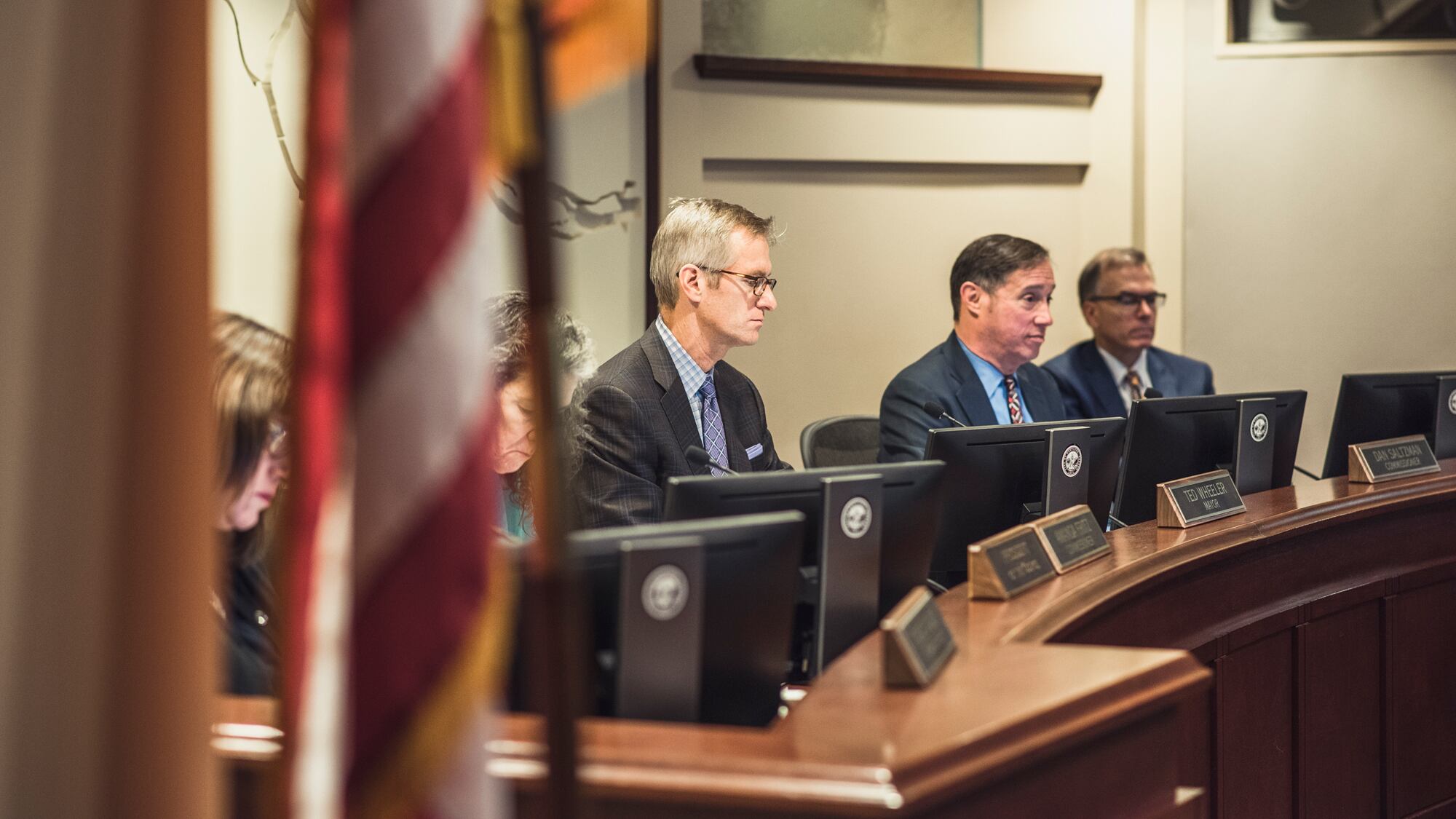The obstacles to building affordable housing have mounted even as Portland tries to cut into a shortfall of apartments.
The Trump tax cuts, as well as increases in interest rates and construction costs, have delayed groundbreakings.
In North and Northeast Portland, where the city has launched an ambitious effort to address the effects of gentrification fostered by the city's past redevelopment efforts, that impact now has numbers attached to it: Four projects with 370 units of affordable housing need another $12.5 million to fill a gap in financing.
Developers of the four projects went to Mayor Ted Wheeler, asking him for city funds to plug the funding hole.
Wheeler's response? Nothing in the city's budget, which the City Council is expected to approve Wednesday.
"Each one of our organizations has made significant time and monetary investment into their individual properties," Destin Ferdun, a senior project manager with Bridge Housing, told a Portland Housing Bureau committee May 10. "[The bureau and the mayor's office] have indicated the mayor's budget is highly unlikely to see a change at this particular date."
Wheeler juggles the city's competing interests, but the housing crisis has been a top issue the mayor has pledged to address, taking on oversight of the Housing Bureau himself. Instead, Wheeler's budget has favored other priorities: homeless shelters and related services, infrastructure improvements of streets and parks, and especially police staffing.
Wheeler's office says the city is waiting to see if the state will fund most of the projects' gap.
The four developers have applied to the state for $11 million of the $12.5 million needed. But the state's housing fund is massively oversubscribed. Developers of affordable housing have asked for $108 million while only $32 million is available this funding round.
To be sure, the city has increased the funding available for affordable housing development in recent years, including the $258 million housing bond. But the bond money is not to be used for private, nonprofit development.
The North-Northeast housing policy has been in some ways the Housing Bureau's most ambitious project.
Four years ago, the bureau launched a $20 million project with urban renewal money to redress past city redevelopment efforts that pushed out longtime residents, especially African-Americans.
While federal housing law prohibits discrimination based on race, the city is awarding priority for housing to anyone who themselves or whose parents or grandparents once had an address in the areas most affected by urban renewal.
The effort to foster homeownership has stumbled badly, helping only six households in three years to buy homes. But 146 units of rental housing have opened in North and Northeast Portland as part of the policy.
Developers say they need help now to get another 370 units going.
"We feel pressure to solve these gaps because we know that additional time delays just add additional costs for the project," Jessica Woodruff, REACH Community Development's director of housing development, told the committee.
But the mayor has indicated he's not interested in finding one-time general fund dollars to the housing gap even as market forces push the cost of building higher.
If a funding gap still exists after the state decides what to spend, the mayor will weigh whether to encourage developers "to go out and find other sources of funding or redesign the scope of the project," says Wheeler's spokesman Michael Cox.
"It doesn't mean they've fallen off the table just because they have a funding gap in the year 2018," he adds.
